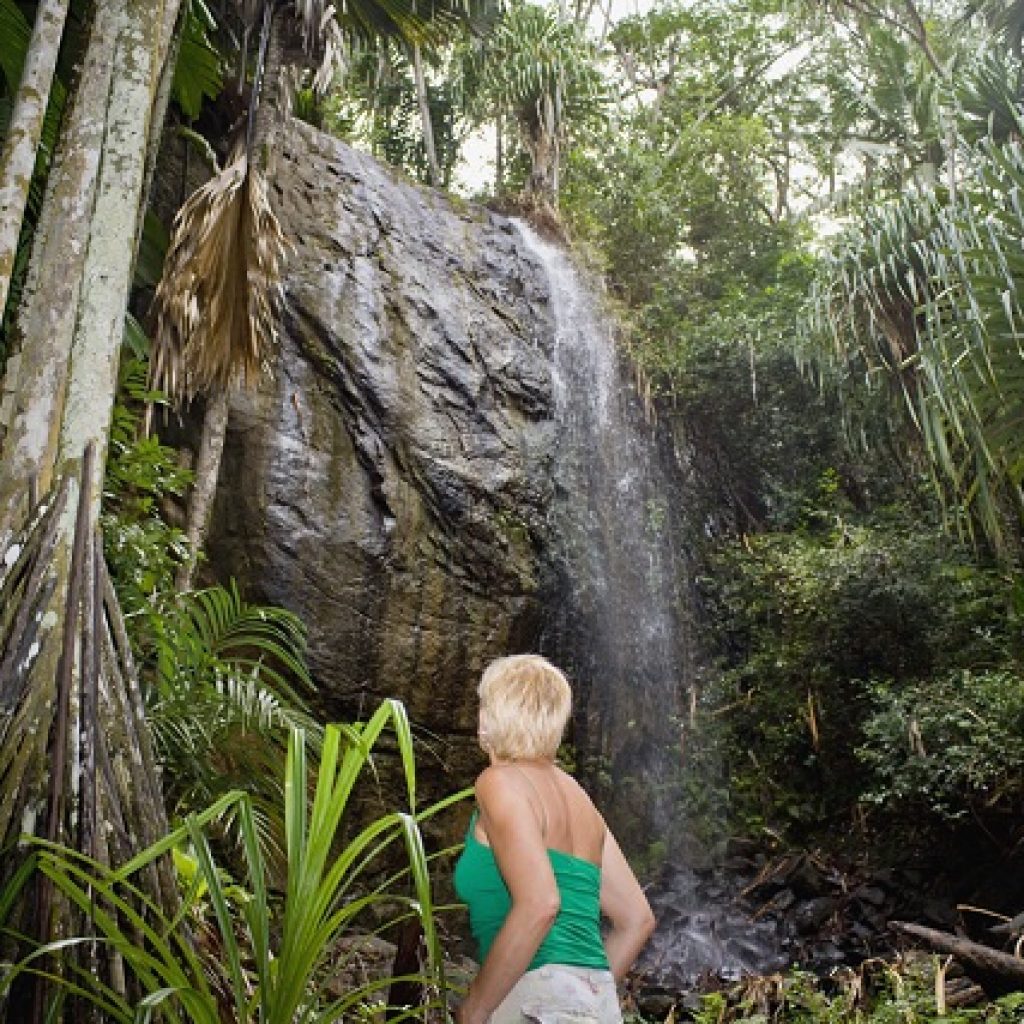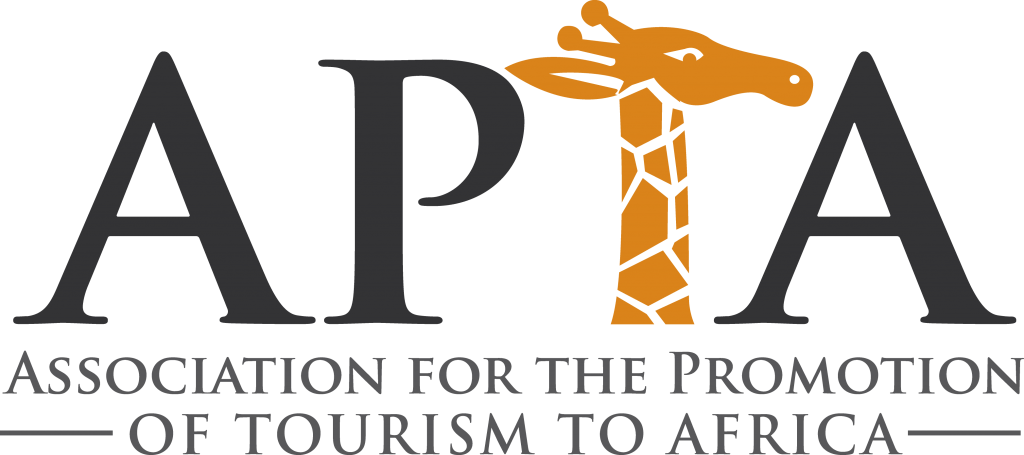
Seychelles’ World Heritage Site the Vallee de Mai reopened for visitors last Monday after closing for three months due to COVID-19.
The Seychelles Islands Foundation which manages the UNESCO site – where the endemic coco de mer grows in its natural state – has also announced the reopening of the Fond Ferdinand nature reserve, which it also manages.
Both nature reserves are located in the second-most populated island of Praslin of the 115 islands archipelago in the western Indian Ocean.
For Vallee de Mai, visitors are required to make an appointment before their visit and are being encouraged to do cashless transactions. As for Fond Ferdinand – the second park with an important coco de mer forest – for now, visitors are free to walk in. There are no limits on the number of people who can enter the reserves but they will need to adhere to all health measures in place.
The manager for the reserves Marc Jean Baptiste told SNA on Monday that a lot of preparations have been done before opening the reserves. “There has been intensive maintenance work in common areas which is difficult to restrict visitors’ access during our normal operation,” explained Jean Baptiste.
According to the manager, the measures in place are COVID-19 standard operating procedures at both sites which include physical distancing demarcation sign at both sites, easy access to hand hygiene facilities and all visitors will have to wear masks at all times.
Jean Baptiste added that “Safe Tourism Certified establishments and stakeholders are being asked to respect and apply all preventive measures set out by the Public Health Authority and SIF’s Standard Operating Procedures. Licensed tourist guides are welcomed subjected that they meet the established norms.”
All visitors are encouraged to book their visits to the Vallee de Mai in advance via WhatsApp number + 248 2 59 54 00 or call the visitor centre on + 248 423 62 20 or by email: vdmadmin@sif.sc during working hours.
Jean Baptiste explained that “all staff are been continuously trained on the implementation of the certified standard operating procedures, so as to ensure the health and safety of our visitors and team as well.”
Last year 33,035 visitors visited the reserves compared to just over 111,000 for 2019. That’s a 70 percent drop due to the pandemic.






About The Author: David DiGregorio
More posts by David DiGregorio